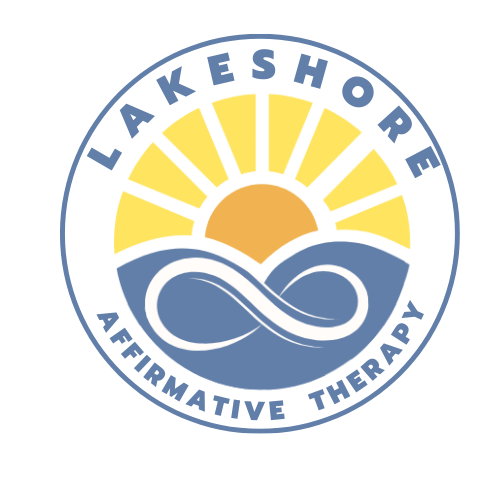Client Success Story: How using a Neurodiversity Affirming OT Approach helped a Young Adult find a new Hobby
Often when people think of occupational therapy and autism they think of sensory regulation or maybe they think about working on basic activities of daily living (ADL) like feeding, dressing or toothbrushing. But did you know occupational therapy can also help you find and participate in new hobbies? Hobbies or leisure activities are also a part of one's occupations.
Any activity that an individual wants or needs to do is considered one of their occupations.
Participating in hobbies and leisure activities are incredibly important for your overall wellbeing and mental health.
However, for autistic individuals, finding activities that meet their sensory needs, interests, and social preferences can be challenging.
This is where an occupational therapist can help. An occupational therapist is trained in looking at the big picture and then breaking down the activity into the small steps and skills needed for participation.
With permission from Anthony and his family, let's take a closer look at how occupational therapy helped Anthony find and participate in a new hobby.
Anthony and his family first reached out to Lakeshore Affirmative Therapy because Anthony was having a hard time adjusting to his new schedule after high school graduation. Finding new, meaningful activities would help Anthony structure his day in a way that provided enjoyment and regulation.
Anthony was interested in finding a hobby that would meet his unique sensory needs, match his interests, and that he could complete independently.
During his initial evaluation we outlined his sensory profile, fine motor skills, executive functioning skills, his learning profile, his current participation in hobbies, and what his interests were.
We landed on fishing as a potential new hobby for Anthony.
During his ongoing occupational therapy sessions, we worked together to address underlying lagging skills needed to complete this activity independently and found sensory adaptations that allowed him to participate without becoming dysregulated.
We implemented a variety of sensory strategies. Anthony strongly disliked the feeling of sunscreen and instead used a long sleeve sunshirt, a hat and sunglasses. Anthony would go during the evening times to avoid the heat and found having easy access to cold water helped him stay regulated. Due to vestibular sensitivities, Anthony opted to fish from the shoreline instead of a boat.
We also addressed the fine motor skills needed for this activity. These fine motor skills were initially very challenging for Anthony, but using his learning style (visual and hands on learner), Anthony was able to learn how to tie knots and safely remove a fish from the hook.
Fishing proved to be a successful hobby for Anthony. Anthony now has a new hobby that he can enjoy independently. He enjoys the quiet time in nature and enjoys the time hyper-focusing on the activity in front of him without distractions.
An unexpected outcome was that Anthony also discovered an active and accepting community on online fishing forums. He now enjoys posting pictures of his catches and answering questions pertaining to locations and lures used to catch particular fish.
Reach out today if you would like an occupational therapist to help you participate in new, meaningful activities.

